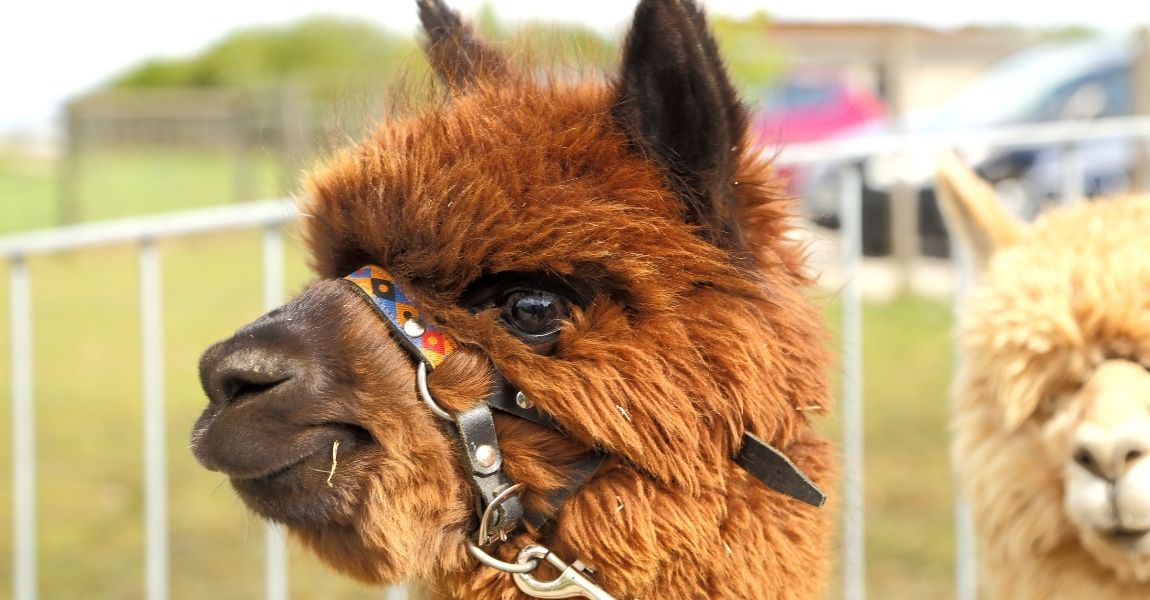Understanding Strange Behavior in Pet Alpacas
Spitting:
One of the most well-known behaviors of alpacas is spitting. While it may seem unpleasant, spitting is a natural defense mechanism for alpacas. They may spit at each other during disputes over hierarchy, or if they feel threatened or cornered. If your pet alpaca spits at you, it could be a sign of discomfort or stress. Assess the situation and try to identify the cause of their agitation, such as overcrowding or a change in their environment.
Kicking:Alpacas have strong hind legs, and kicking is another behavior that can sometimes be observed. This behavior can occur when alpacas feel startled or perceive a threat. If your alpaca kicks out, it's essential to give them space and avoid approaching them abruptly. Identifying any potential stressors, such as loud noises or unfamiliar objects, can help prevent this behavior.
Pronking:Pronking is a delightful behavior often seen in alpacas and can look like a playful leap into the air. While it may seem strange, pronking is a natural expression of joy and energy. Alpacas may pronk during playtime, when they are feeling particularly happy or excited. Witnessing your alpaca pronking is a positive sign that they are content and enjoying their surroundings.
Cushing's Disease:Cushing's disease, also known as hyperadrenocorticism, is a hormonal disorder that can affect alpacas. Symptoms of this disease may include excessive drinking, weight loss, hair loss, and changes in behavior. If you observe any unusual behavior in your alpaca, it's crucial to consult with a veterinarian to rule out underlying health issues.
Unusual Eating Habits:Alpacas are herbivores and have specific dietary requirements. However, they may occasionally exhibit strange eating habits. Some alpacas may chew on fences, rocks, or other objects, which can indicate nutritional deficiencies or a need for more fiber in their diet. Providing a balanced diet, including high-quality forage and appropriate supplements, can help address these unusual eating behaviors.
When it comes to understanding strange behavior in pet alpacas, it's crucial to observe their overall well-being, consider their environment, and be aware of any changes in behavior patterns. Additionally, regular veterinary check-ups can help identify and address any underlying health issues that may be contributing to unusual behavior.
Remember, every alpaca is unique, and their behavior can vary. By being attentive, patient, and responsive to their needs, we can build a strong bond with our pet alpacas and ensure their happiness and well-being for years to come.




